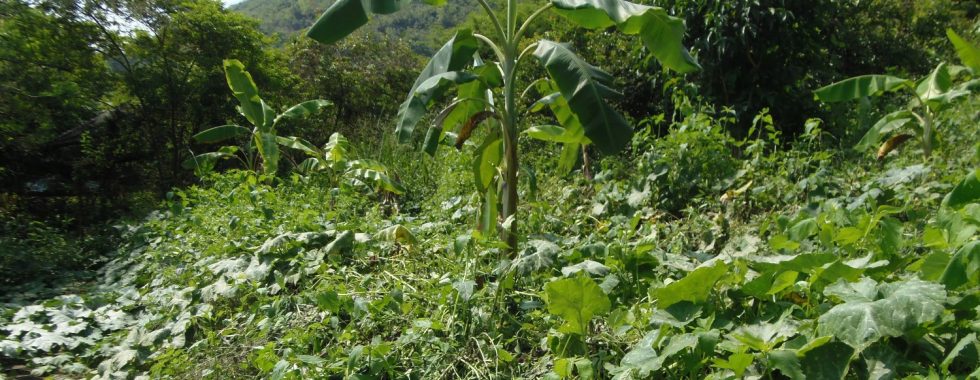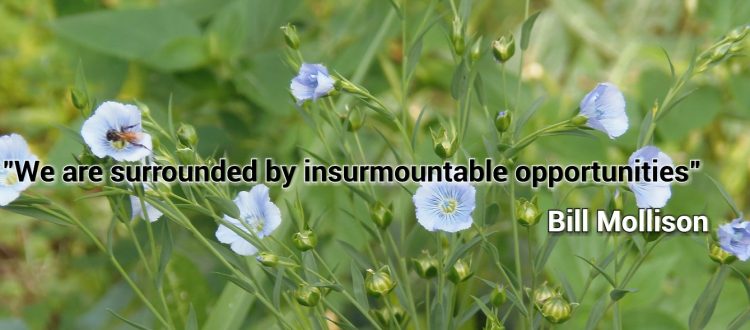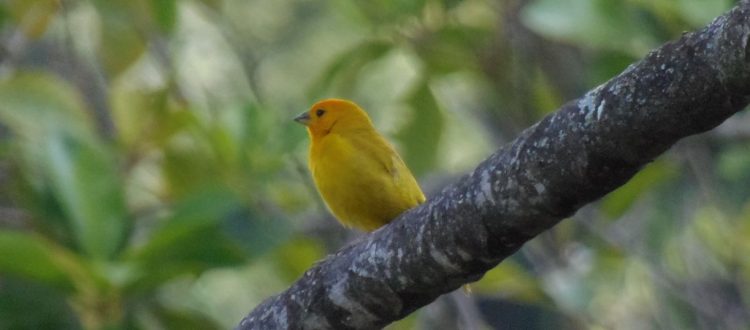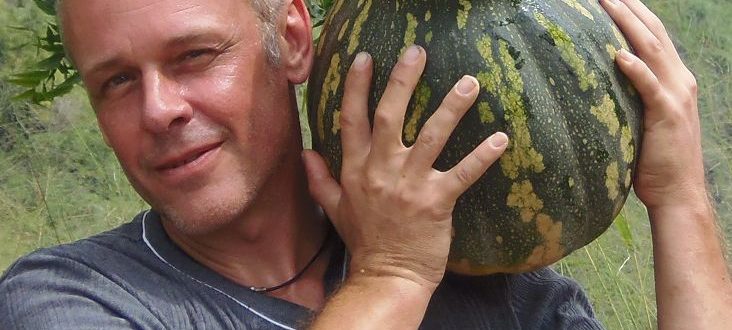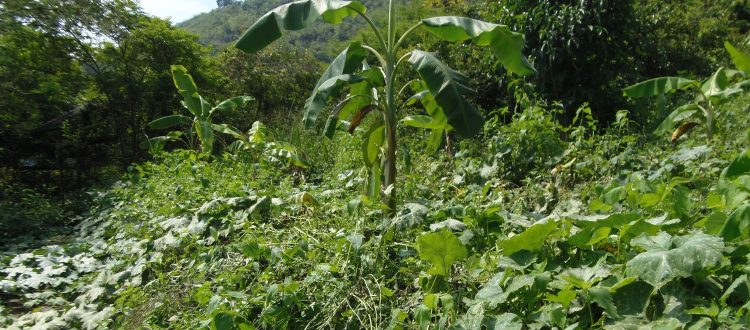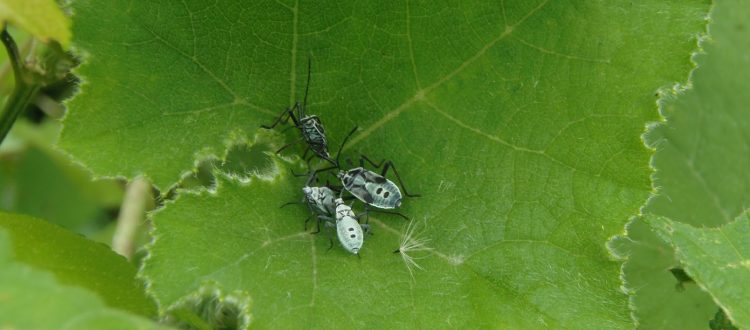Nature works through many beings (biodiversity) and many connections between them (ecosystems). One species waste is another species food. One species existence is another species survival. The egg we eat, came from the chicken eating insects and plants. The insect, if a predator, might have eaten another insect. That other insect might have very well been sucking sweet juices out of a plant. The plant converted sunlight, water and CO2 to sugars, which it also excretes through its roots, to feed bacteria and fungi, who exchange minerals from the soil with the plant to receive those sugars.
Describing all these connections would be a lifetime of work. What we can do faster is describe the effects of all these processes. Nature has a remarkable ability: she captures energy, mainly from the sun, and stores it in living organisms. Where normally energy tends to dissipate (called entropy in science), nature does the opposite. She cycles the energy through life and in doing that it hangs on to at least part of the energy captured. So ecosystems get richer and richer in stored energy. That even continues after death, because other organisms feed on the fallen tree branches and the carcasses of dead animals. Everything works to cycle this captured energy.
Most energy in nature eventually ends up stored in the ground. Nature continues to build a storage of energy in the upper layer of the soil. The amount of organic matter in this layer is like a fertility “savings account”.
Now imagine modern humans move in and start what we call agriculture.
We cut down the forest and break all the connections nature has built. Then we seed the fields with one crop, in total violation of the principles of nature and ecosystems. We apply herbicides and pesticides to kill any competition to this one crop. First it goes great. Nature has stored so much fertility in the soil that the crops thrive. Then after some years the fertility starts to decline. The energy stored in the soil is dissipating. Because our way of agriculture keeps fighting nature back when she tries to come in to repair our fields, we keep setting back what little of the ecosystem has survived.
To continue this agriculture we spend ever increasing amounts of energy which we bring in from outside. Fertilizers and chemicals, the actual work of plowing, spraying and weeding. All this brought in energy does a little for our (mono)crop yield and the rest disappears as it goes into entropy.
Entropy, the dissipation of energy, rules our manmade system. Without life to cycle energy and nutrients, we’re loosing all of it. Our land and soils get poorer and poorer, eventually resulting in desertification. This is a physically logical consequence of taking life out of our fields.
People say that without intensive chemical large scale agriculture we cannot feed the world population. Most of these large scale farms grow just a few staple crops, like corn, soy, beans, wheat, etc. Most of these crops are used for processed foods, for animal feed and industrial uses like ethanol. If we were to change to small scale farming all our fresh food can grow in natural systems. Animals can perform recycling functions in our fields. Fruits and vegetables can grow in complete ecosystems that balance insect populations by themselves. If we were to use nature’s ability to transfer energy into fertility not only would we save ourselves a lot of work and costs, but we would also have healthier food.
So how does our final conclusion look when we compare natural systems to human controlled systems? Nature has evolved to store energy and fertility. Mankind has evolved to destroy all of it and loose all fertility and energy. We have developed energy intensive methods to sort of compensate a bit for this destruction, but those solutions only last until we have no fertile ecosystems left. Kinda makes you wonder who’s smarter, nature or mankind?

